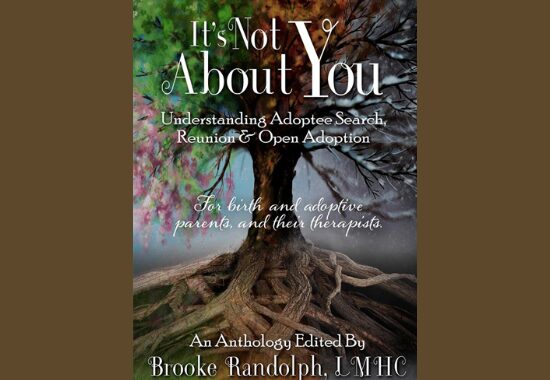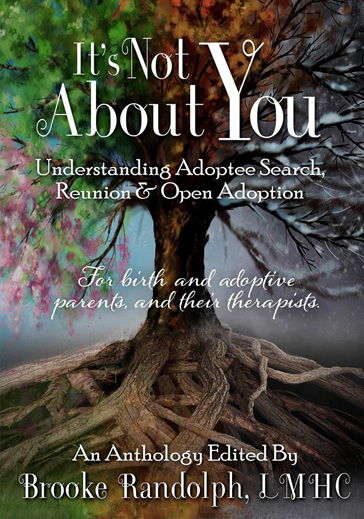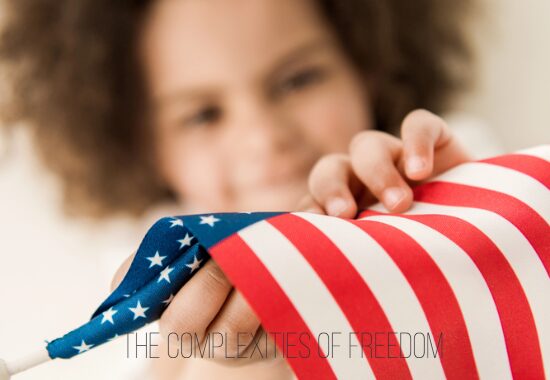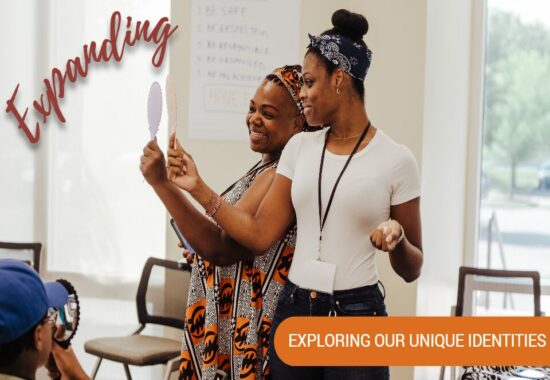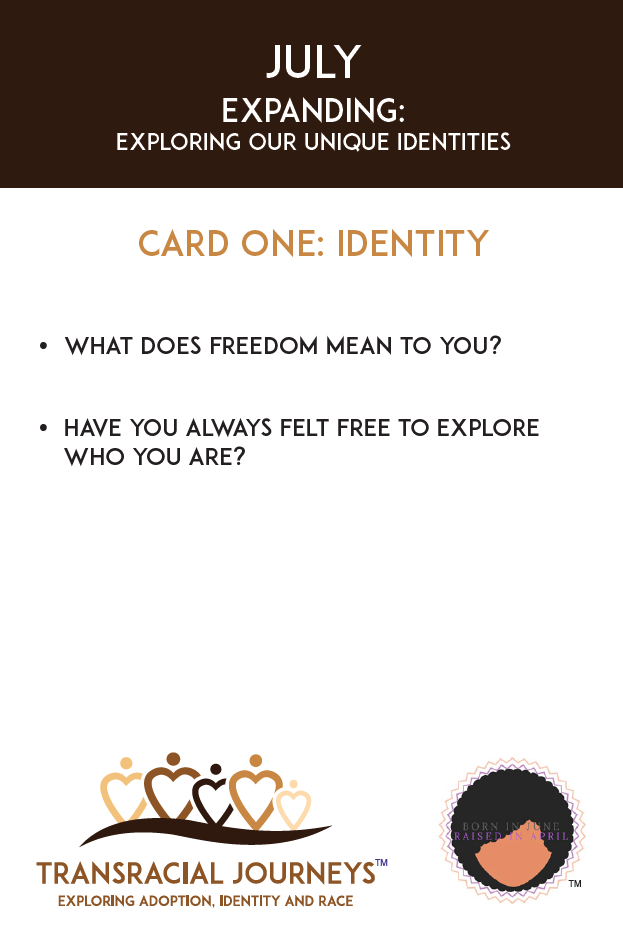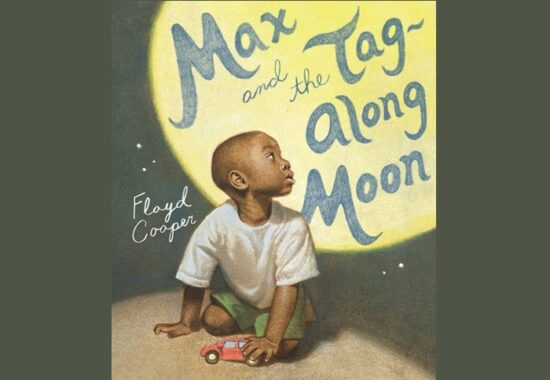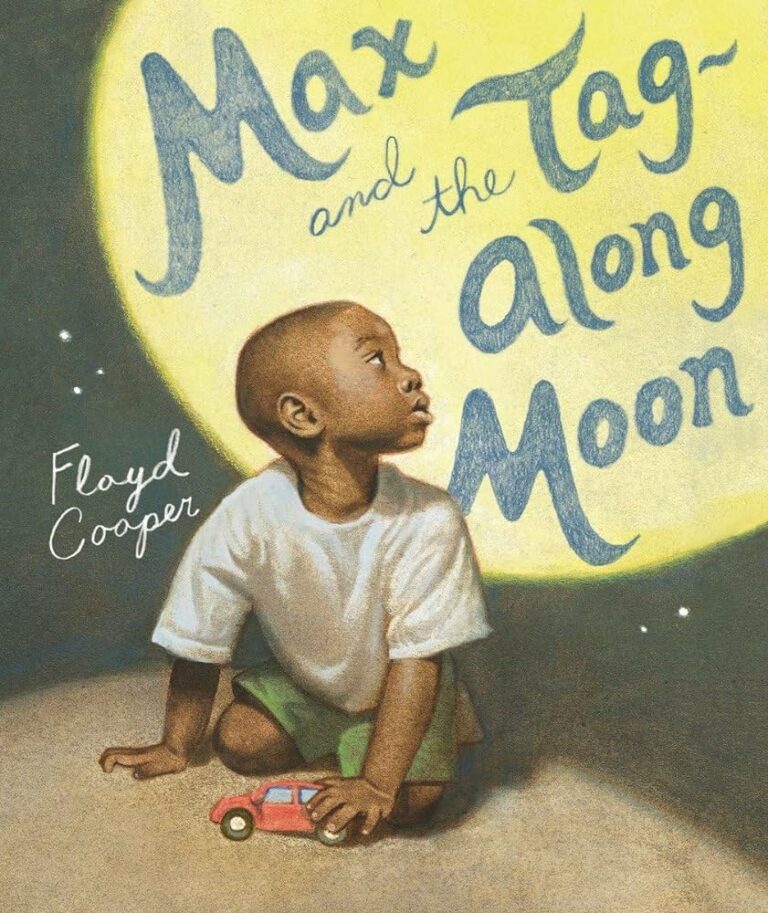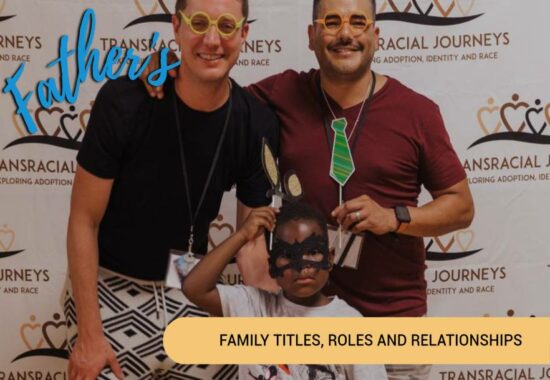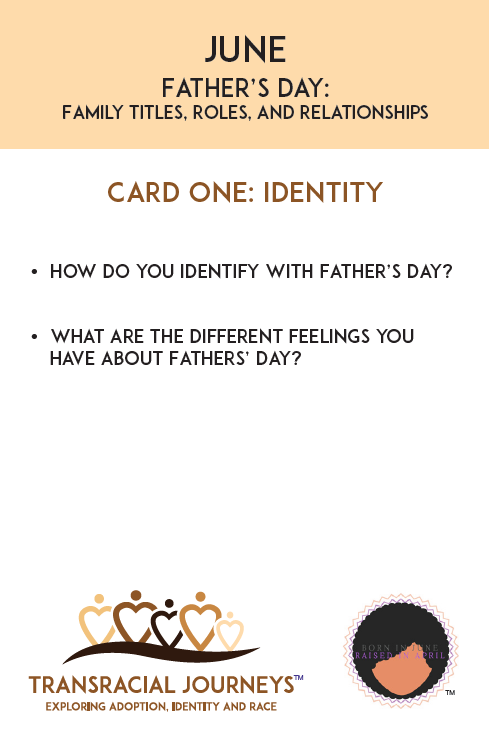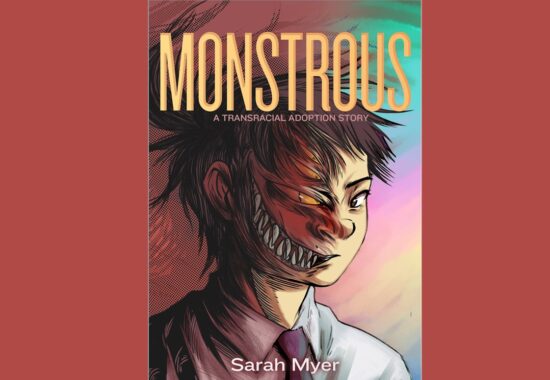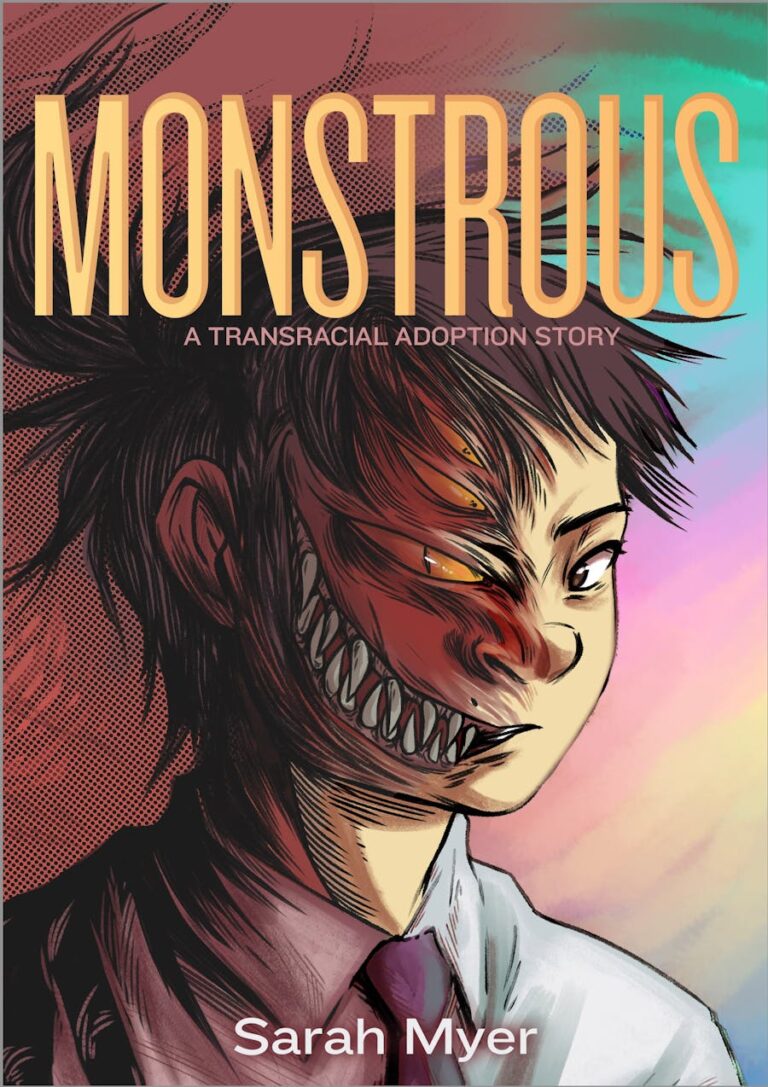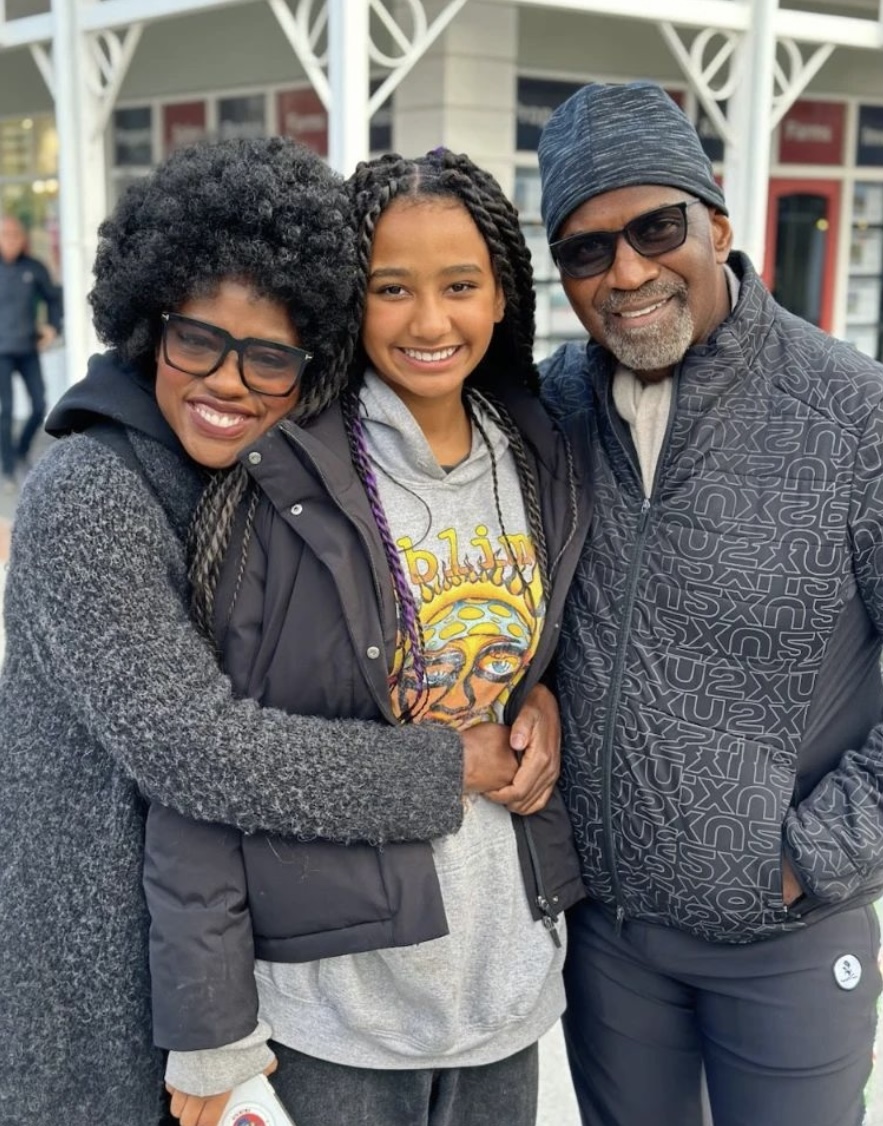By Daniel Herd
In the early stages of our adoptive process, during a routine doctor's visit, the girls’ doctor, a specialist in high-risk infants, asked if we had any more medical history about their fathers. I replied that we still had no knowledge about either one and that they “had no fathers around.” The doctor paused and then said, “yes, they do now.” He might have added something about how a father can be defined by actions rather than biology, but I was too preoccupied by this realization. The title of "father" suddenly became real for me.
Before that, "father" was something I understood through experience, not easily defined. It wasn’t just a title for the genetic parent. My own father exemplified this through actions that demonstrated intentional sacrifice and investment in us as people. For instance, during winter, he would play a game called Abominable Snowman, hiding in the snow for my brother and me to find. This game wasn’t just about fun; it was about the effort and love he put into making those moments special.
The essence of being a father involves intangible qualities. My father’s actions, like playing in the snow or sharing a special treat, created emotional touch points that defined fatherhood for me. These memories, though justifications for my feelings, underscored the emotional truth of what being a father meant.
As I listened to the doctor’s words, I was flooded with memories and the realization of the responsibility and excitement of becoming a father through adoption. This led to reflections on how adoption would change my perception of being a father and how I would navigate this role when my role models didn’t fit this new model. The girls already had birth parents, cousins, and grandfathers, along with a history of loss and separation.
Adopting through foster care involves navigating inevitable loss. Someone, possibly everyone is going to lose. Lose parents, lose siblings, lose a child, lose your history, lose the only parent they’ve known. There is no way forward without loss. In the initial months, I wondered what would happen if the girls stayed with us permanently. The following year was filled with the fear that they might not. The recurring, sick feeling came from knowing the title of father could be taken from me at any time, coupled with anger that no other father (or mother) was fighting for them.
Some fathers never get the chance to be a father, others can only provide a roof and food. I realized I didn’t have to be those fathers and couldn’t be those fathers. With an adopted child, especially one who doesn’t share your cultural or racial identity, you quickly learn you cannot simply copy and paste another father’s efforts. Each child, particularly transracially adopted children, will develop their own relationship with the word "father," and though it will always include an element of loss, it is my responsibility to help shape that relationship.
Adoption brings unique challenges and opportunities. It requires creating new touch points and experiences that define fatherhood for these children. It’s about being consistent, safe, and attentive to their world, helping them navigate new situations and challenges in a way that builds their capacity for the future.
Daniel Herd is an adoptive parent

